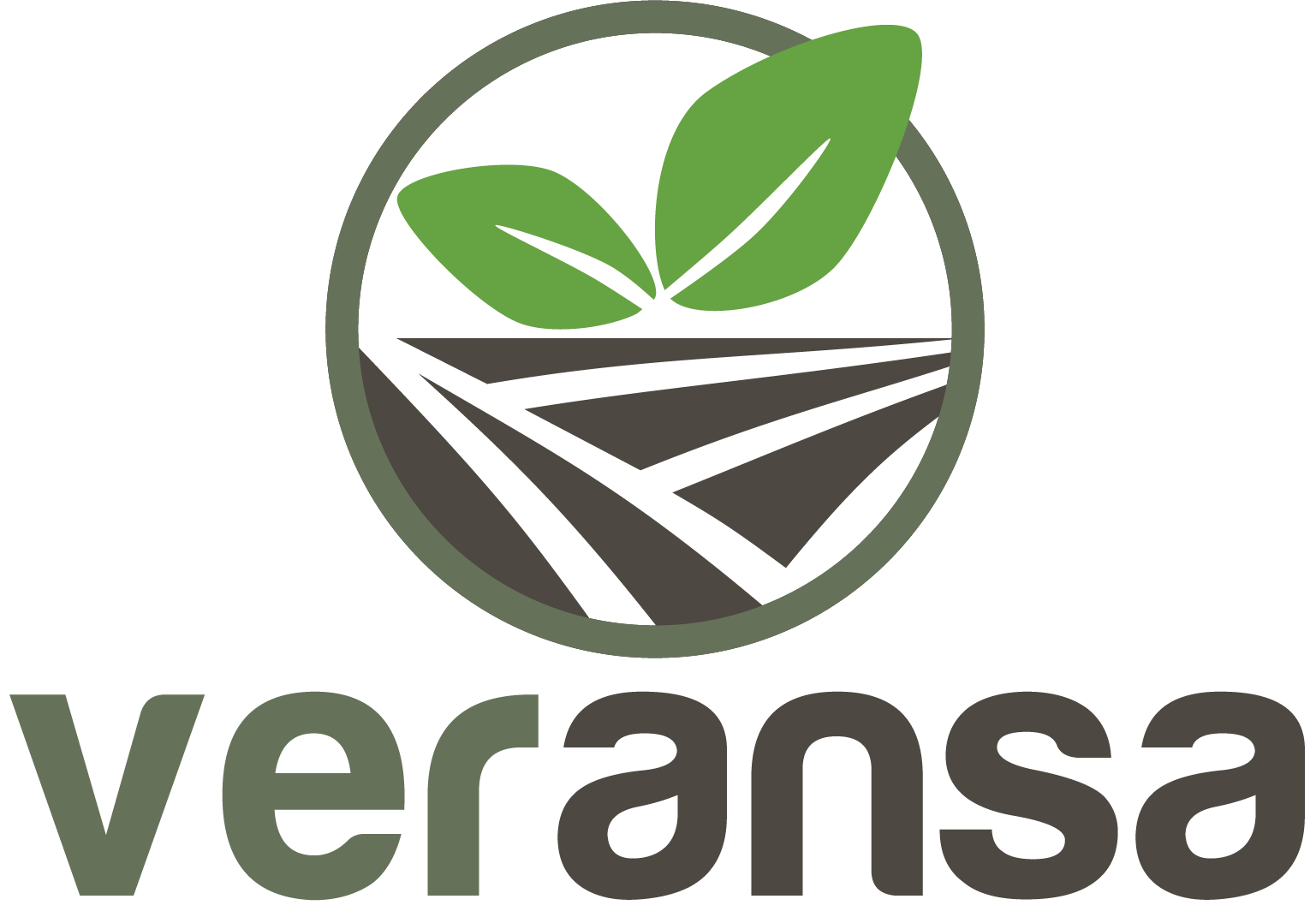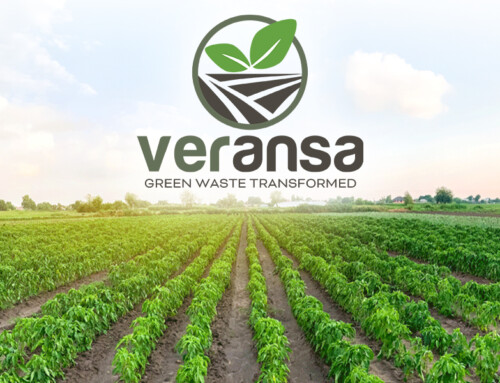Many Florida families are rediscovering the joy of growing and eating homegrown foods. Whether to enjoy better nutrition or to save money on groceries, home gardens are once again growing in popularity. Microgreens – the seedlings of vegetables and herbs – are typically only 2-3 inches tall, but they are loaded with nutrients that can take a health journey to the next level.
Many local farms are also turning their eyes to microgreens. Given all this interest, let’s take a closer look at these delicious and nutritious little plants.
FAQs About Microgreens
Microgreens are simply young vegetables that are harvested within several weeks of planting when the first true leaves begin to sprout. Although similar in nutritional value to “Sprouts,” they are different foods – with the main difference being the length of time that they are germinated and cultivated.
Sprouts are harvested within about a week, and before leaves arrive. No sunlight is required. Microgreens are slightly older and grow in sunlight, which adds to their nutritional impact. The leaves collect energy from the sun, and water and nutrients from the soil.
The Significant Benefits Associated with Microgreens
Studies have proven that micro-greens may offer 4 to 40 times the nutrients of mature plant leaves. Vegetables, in general, are high in vitamins, but microgreens also provide minerals and phytochemicals that increase the nutritional punch. Many of the nutrients in microgreens are powerful antioxidants with the ability to fight against cell damage.
The research supporting the benefits of these young plants requires more attention – however, according to what is currently known, these greens are thought to:
- Type 2 Diabetes Management: Individuals with Type 2 diabetes struggle to control the sugar (glucose) levels in their blood. Their body doesn’t eliminate sugar from their blood as expected. However, microgreens may assist in regulating blood sugar. Try These: Broccoli and Fenugreek greens, which can improve sugar levels by as much as 44%.
- Improved Cognitive Capability: Polyphenols are plant-based substances that deliver antioxidant benefits and may improve how well you, a person, can think and reason. The polyphenols in micro greens may even help to avoid or delay the beginning of neurodegenerative diseases such as Alzheimer’s disease.
- Reduce Heart Disease Risk: Polyphenols are also linked to a lower risk of heart disease. Specifically, studies show that red cabbage microgreens reduce body weight, triglycerides and LDL cholesterol – even in a high-fat diet.
- Cancer Prevention: Brassicaceae microgreens contain sulforaphane, which is instrumental in cancer prevention. Studies suggest that integrating Brassicaceae microgreens to a nutritious diet may help prevent or even reverse the growth and progression of cancer, with the most success in fighting against colon cancer.
- Vision Protection: Lutein is a potent antioxidant present in spinach, broccoli, dandelion, and cress. Lutein is most notably beneficial for eye health in older adults and may improve or prevent macular disease related to aging.
- Lowered Risk of Anemia: Iron deficiency is one of the most prevalent causes of anemia, and many of these greens, including lettuce and those in the Brassicaceae family, are iron-rich. But if you want to truly support iron levels in the blood, reach for fenugreek microgreens.
Microgreen Classification
Micro greens are diverse and varied – they can be grown from any herb or vegetable. Their taste reflects a wide range of flavors, from sweet to bitter. Plant experts categorize microgreens into plant families which include:
- Amaranthaceae: Amaranth, beet and spinach
- Amaryllidaceae: Garlic, leek and onion
- Apiaceae: Carrot, celery, dill and fennel
- Asteraceae: Endive, chicory, lettuce and radicchio
- Brassicaceae: Arugula, broccoli, cabbage, cauliflower, radish and watercress
- Cucurbitaceae: Cucumber, melon and squash
Preparing the Soil
As with any agricultural endeavor, the soil you plant in makes all the difference. At the Veransa Group, we strive to provide the best organic soil and premium turf to cultivate your microgreen farm or garden. To learn more about these nutrient-rich and regenerative products, call us today.



